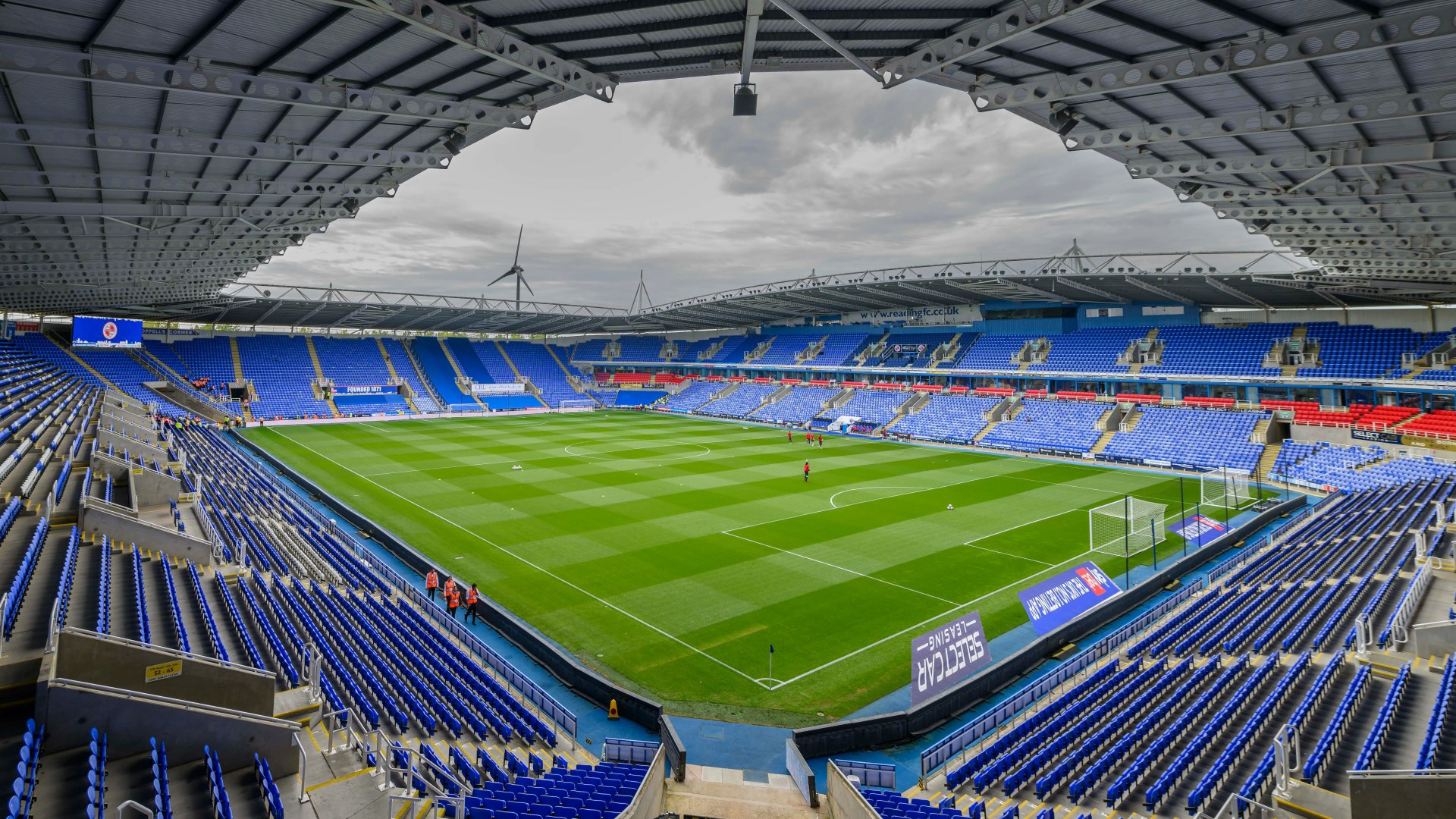The Beautiful Game's Dark Side: How Football Fandom Fuels Protests and Impacts Mental Health
The roar of the crowd, the thrill of victory, the agony of defeat – football (soccer) is a global passion, uniting billions under a shared banner of love for the game. But beneath the surface of this beautiful game lies a complex reality, where fervent fandom can fuel intense protests and significantly impact mental health, both positively and negatively.
The Pitch as a Political Platform: Fan Protests and Their Roots
Football clubs are often more than just teams; they represent communities, identities, and, increasingly, political ideologies. Discontent with club ownership, managerial decisions, or even broader societal issues frequently manifests as fan protests. These protests can range from peaceful demonstrations and boycotts to more disruptive actions, sometimes leading to clashes with authorities.
- Ownership Disputes: The growing influence of wealthy owners and investment groups has fueled resentment amongst many fans, who feel their clubs are being stripped of their heritage and identity. Protests against the perceived greed and lack of connection to the community are becoming increasingly common.
- Performance Issues: Poor on-field results can ignite furious reactions, with fans feeling betrayed by their team's performance and demanding change. These protests can involve marches, banners, and vocal displays of dissent.
- Wider Societal Issues: Football clubs often become focal points for broader societal frustrations. Protests against inequality, political corruption, or social injustice can use the platform of a football match to reach a wider audience.
The Rollercoaster of Emotions: Mental Health and Football Fandom
The emotional investment in a football club can be profound, leading to both exhilarating highs and devastating lows. This rollercoaster of emotions can significantly impact mental well-being:
- Positive Impacts: The sense of community, shared identity, and collective joy experienced during victories can provide a strong sense of belonging and boost self-esteem. The rituals and routines surrounding match days can provide structure and purpose.
- Negative Impacts: The pressure to conform, the intense emotional swings tied to results, and the potential for online abuse and harassment can contribute to anxiety, depression, and even substance abuse. The feeling of disappointment or betrayal after a loss can be particularly acute for some fans.
Understanding the Impact and Seeking Support
It’s crucial to acknowledge the complex relationship between football fandom, protests, and mental health. While the passion and community surrounding football can be incredibly positive, the intensity of these emotions needs to be managed responsibly.
- Promoting Healthy Fandom: Encouraging respectful dialogue, promoting responsible online behavior, and providing platforms for fan voice are vital steps. Clubs and governing bodies need to be more responsive to fan concerns.
- Accessing Mental Health Resources: Fans struggling with their mental health should not hesitate to seek professional support. Numerous organizations offer confidential help and guidance. (Link to relevant mental health resources here)
- Building Bridges, Not Walls: Open communication between fans, clubs, and authorities is essential to de-escalate tensions and address the underlying issues fueling protests.
Conclusion:
The beautiful game is indeed beautiful, but it's also a powerful reflection of societal issues and human emotions. Understanding the complex interplay between football fandom, protests, and mental health is crucial for fostering a more positive and inclusive environment for all. Let's ensure the passion for football continues to unite, rather than divide, and that support is available for those who need it.

